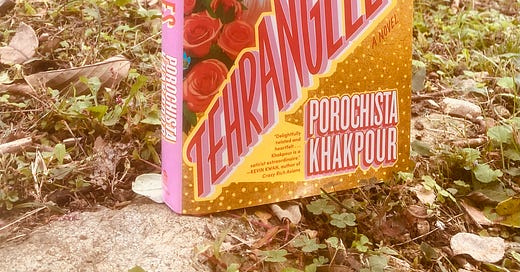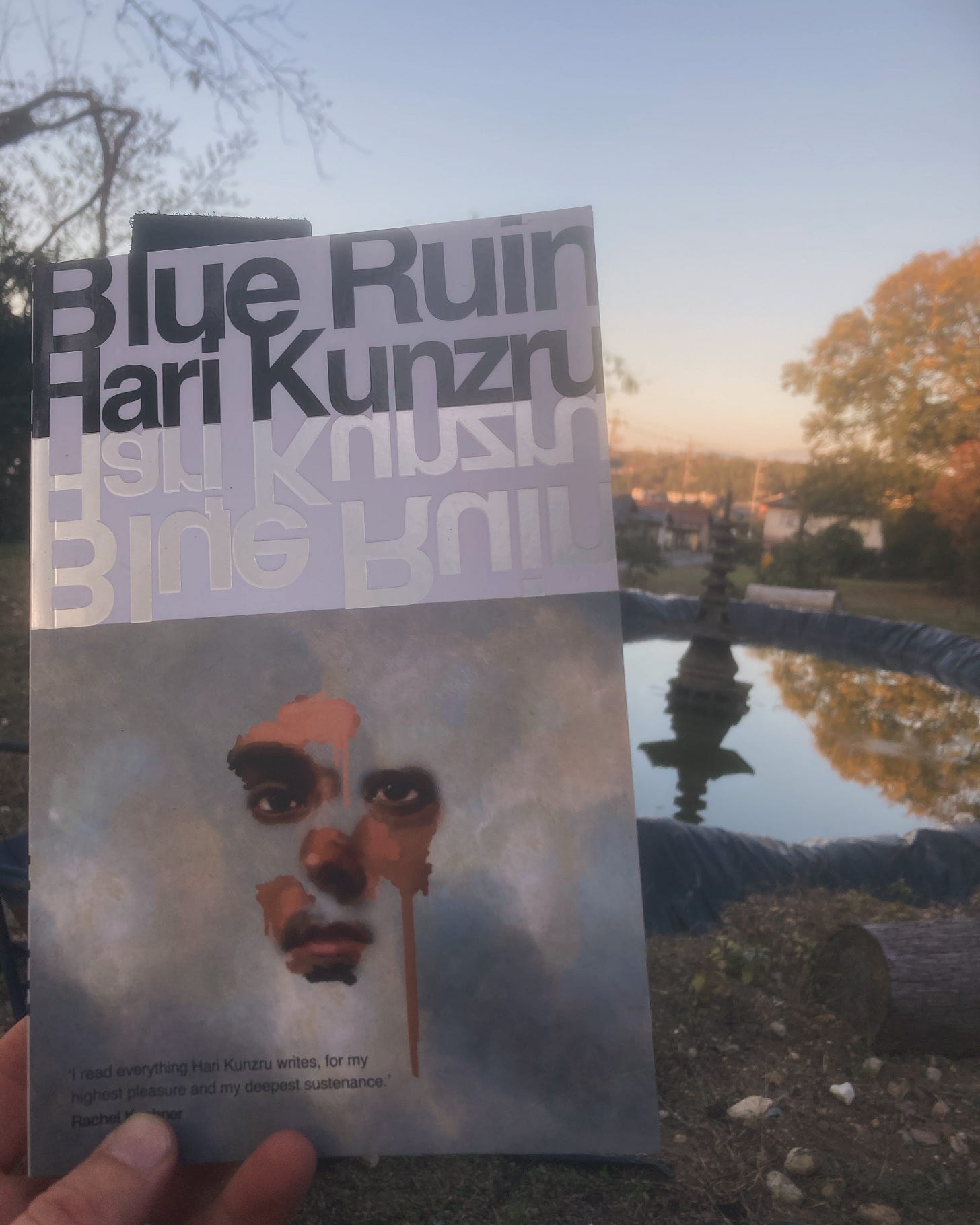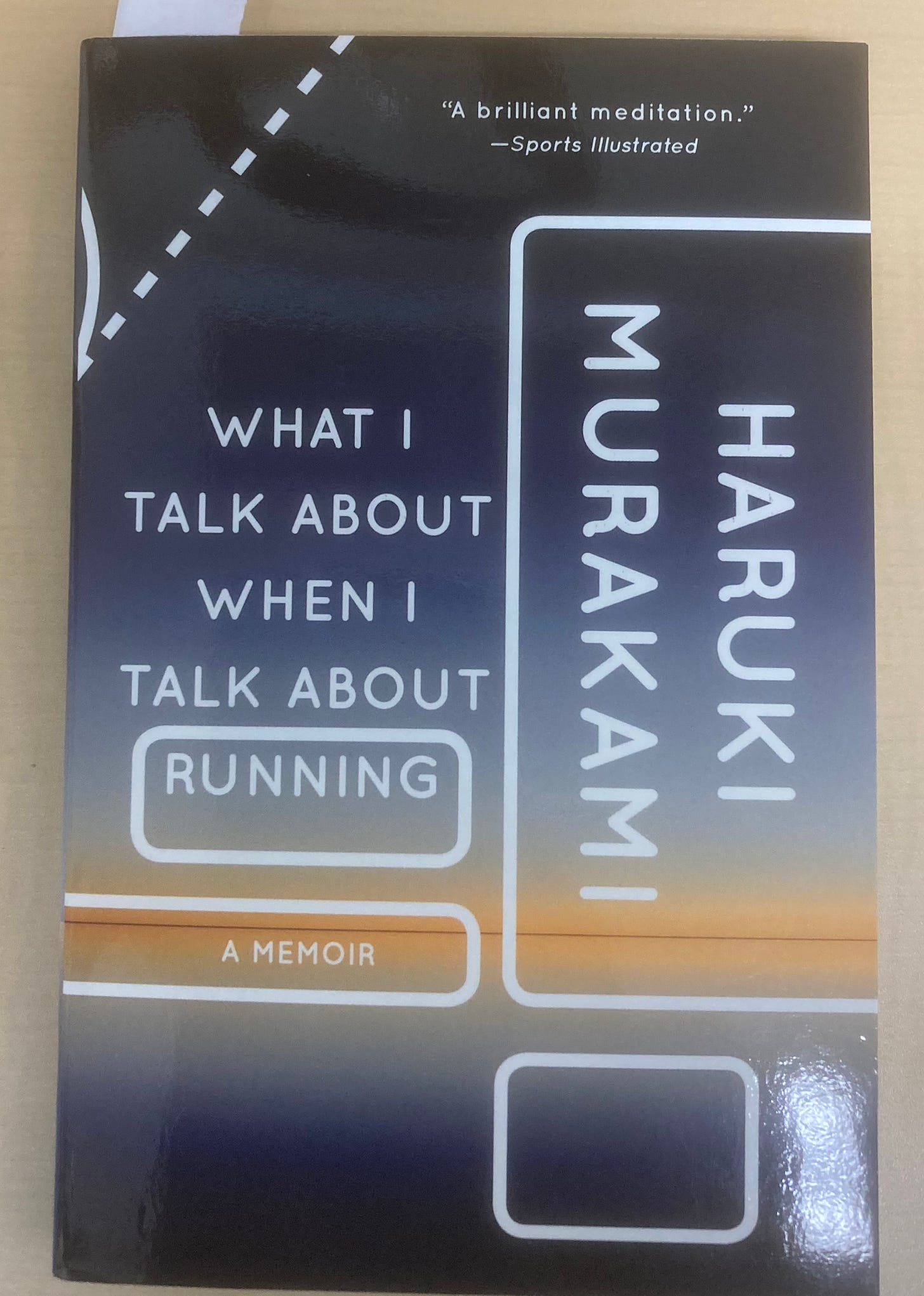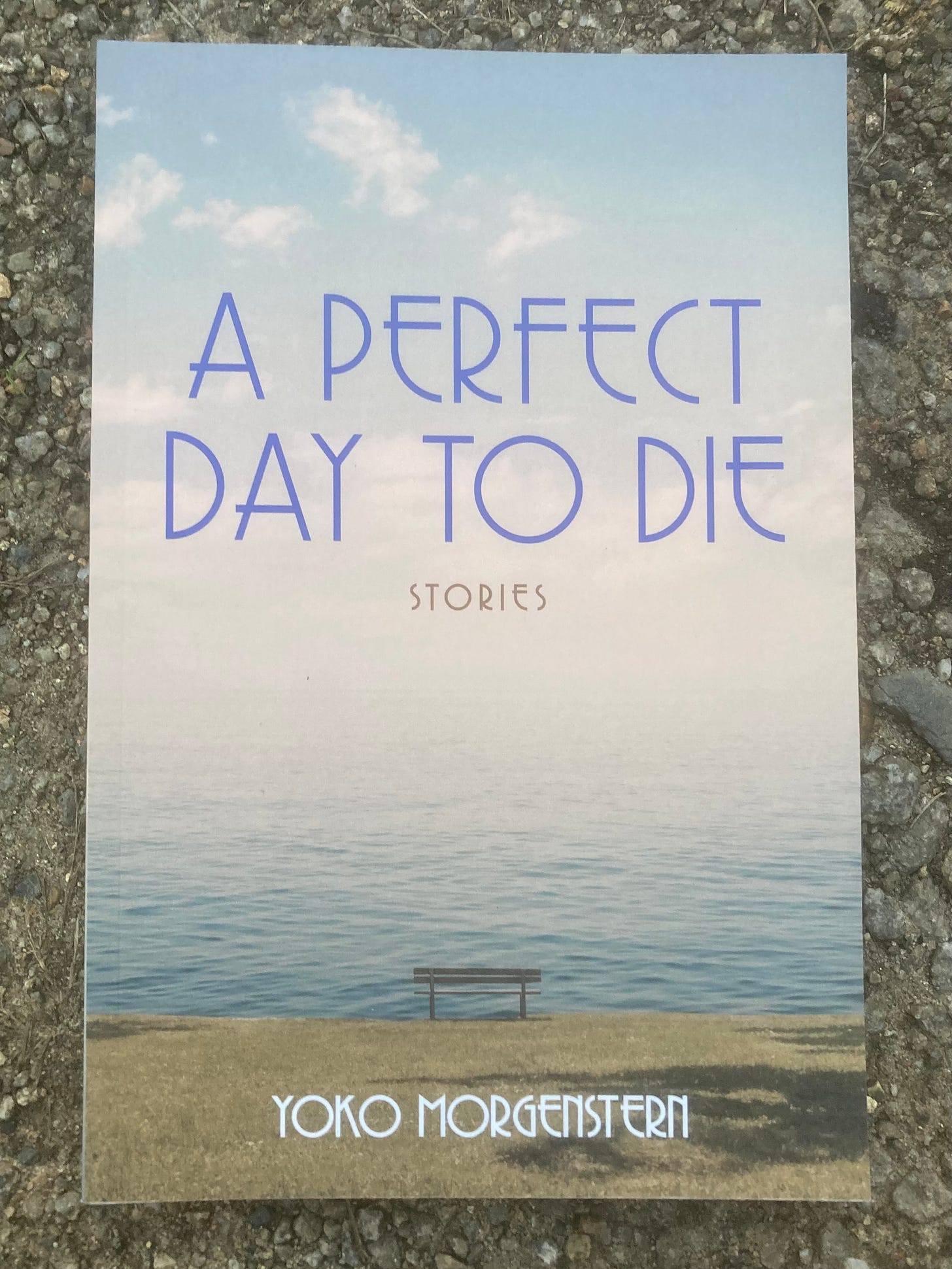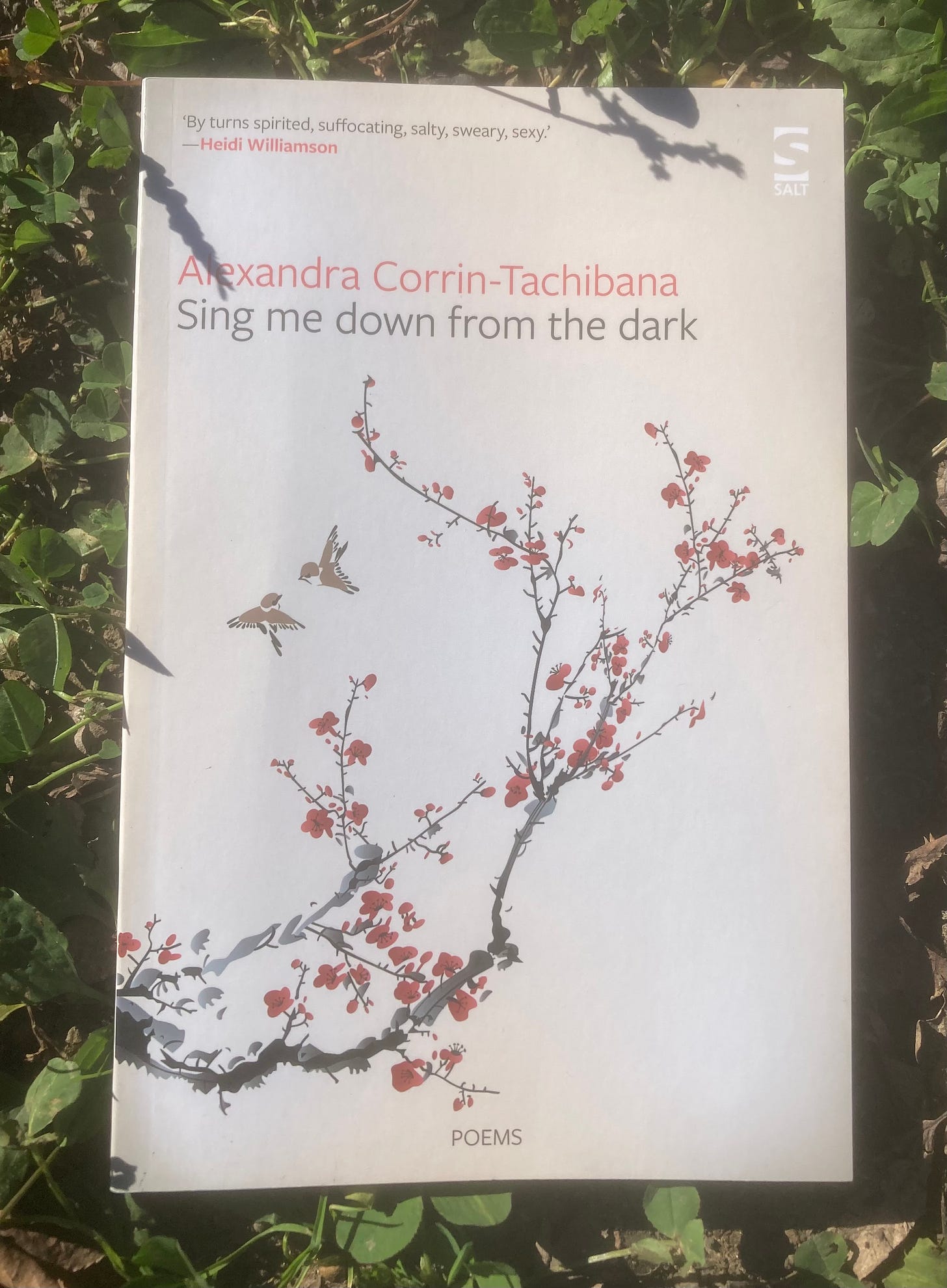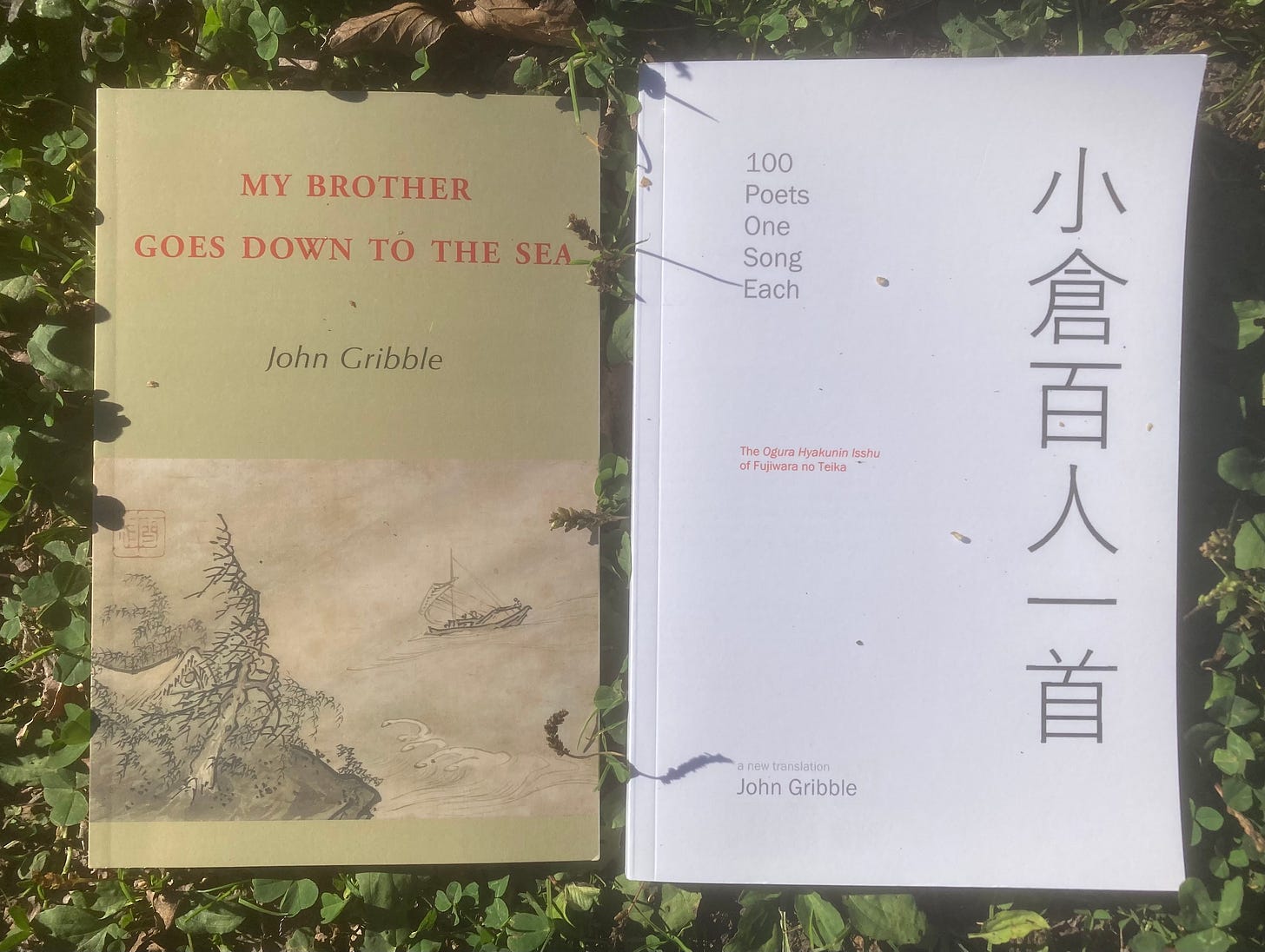November Reads
A new Porochista Khakpour book is a cause for celebration but I have to admit to being a little apprehensive about this. Never judge a book by its cover, as they say, but on the surface this seemed quite a departure for her: Khakpour is known for hard-hitting essays on racism and the immigrant experience, for powerful writing on health, and for profound magical realist literary fiction, so a modern-day parody of Little Women with four Gen Z second generation Iranian American heiress influencer sisters making a reality TV show in LA during Covid didn’t quite fit the mould. It is different but it is still very much Khakpour and therefore brilliant. Her work has always had humour embedded in it but this is an out-and-out comedy, and her exploration of growing up Iranian American at a time when Iran and the US are one bad decision from war is sharp and insightful. I love it when artists I like step out of their comfort zone and show us a new side to their craft, and this does that in spades. It might not be the place to start with Khakpour but it’s definitely a wonderful addition to her oeuvre.
Likewise, a new Hari Kunzru is a big deal in the Maloney household. Blue Ruin is another Covid story (they’re coming thick and fast now) although that is mostly a frame for flashbacks to the 1990s London art scene. Not as impactful as White Tears but I enjoyed it more than Red Pill. Kunzru is one of those writers whose storytelling seems so effortless that it is both a pleasure to read and a frustration for me as a writer.
A bit of research for my Murakami paper. I can’t really find many positives to say about it. It’s an easy read and if you like running, maybe it’s of interest, but beyond finding a couple of things I can cite, it was pretty meh. I’m constantly baffled by the non-fiction Murakami allows to be translated and the many interesting travel articles and essays that he refuses permission for. One for academics or completists perhaps, but even the most hardcore Murakami fan will find little of value here.
I didn’t manage to see Yoko Morgenstern’s event at the Japan Writers’ Conference (it clashed with something else) but I did pick up her short story collection. It is wonderful, short, brutal stories of a kind I haven’t read in a while. I don’t know if it’s just what I’ve been picking up but the fashion at the moment seems to be for “proper” stories with a beginning, middle, and end, with closure and a perfect narrative arc and honestly, that’s not for me. Short story writers: punch me in the head and then run off leaving me to wonder what just happened. Morgenstern does that. The title piece in particular is one of few stories I’ve ever immediately re-read. Hopefully she’ll be back at the JWC next year.
Another event I missed was Alexandra Corrin-Tachibana’s reading, though I did get to chat to her a fair bit at the Friday and Saturday parties. Her poems are lyrical examinations of her time in Japan and domesticity with her Japanese husband in the UK. I usually prefer my poetry shorter and more abstract but Corrin-Tachibana’s warm, open poetic voice draws you in completely.
I posted after the JWC about the Isobar event where my book was featured alongside those of Jane Joritz-Nakagawa and John Gribble, so I won’t repeat myself here. I’ve always been a firm believer that poetry is better on the page than in the mouth, so while listening to these poems read out in situ was moving, being able to dwell on the words at my own pace really deepened the experience for me. Jane’s poems in particular are just one gut-punch after another. Beautiful stuff.

